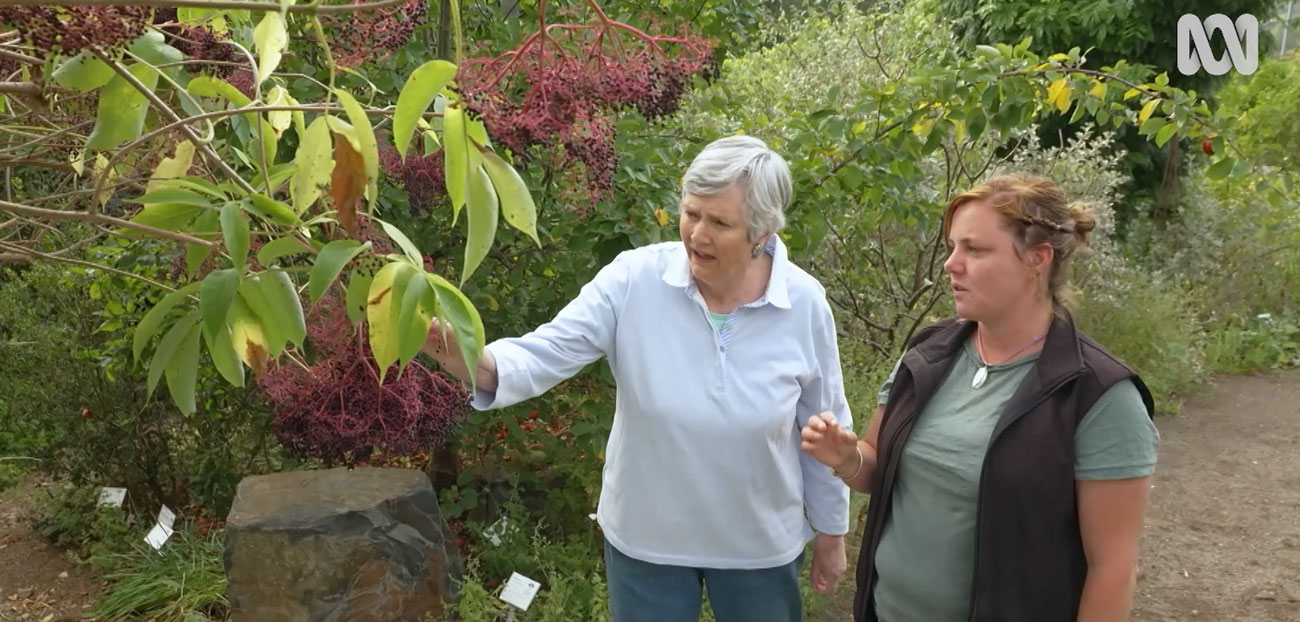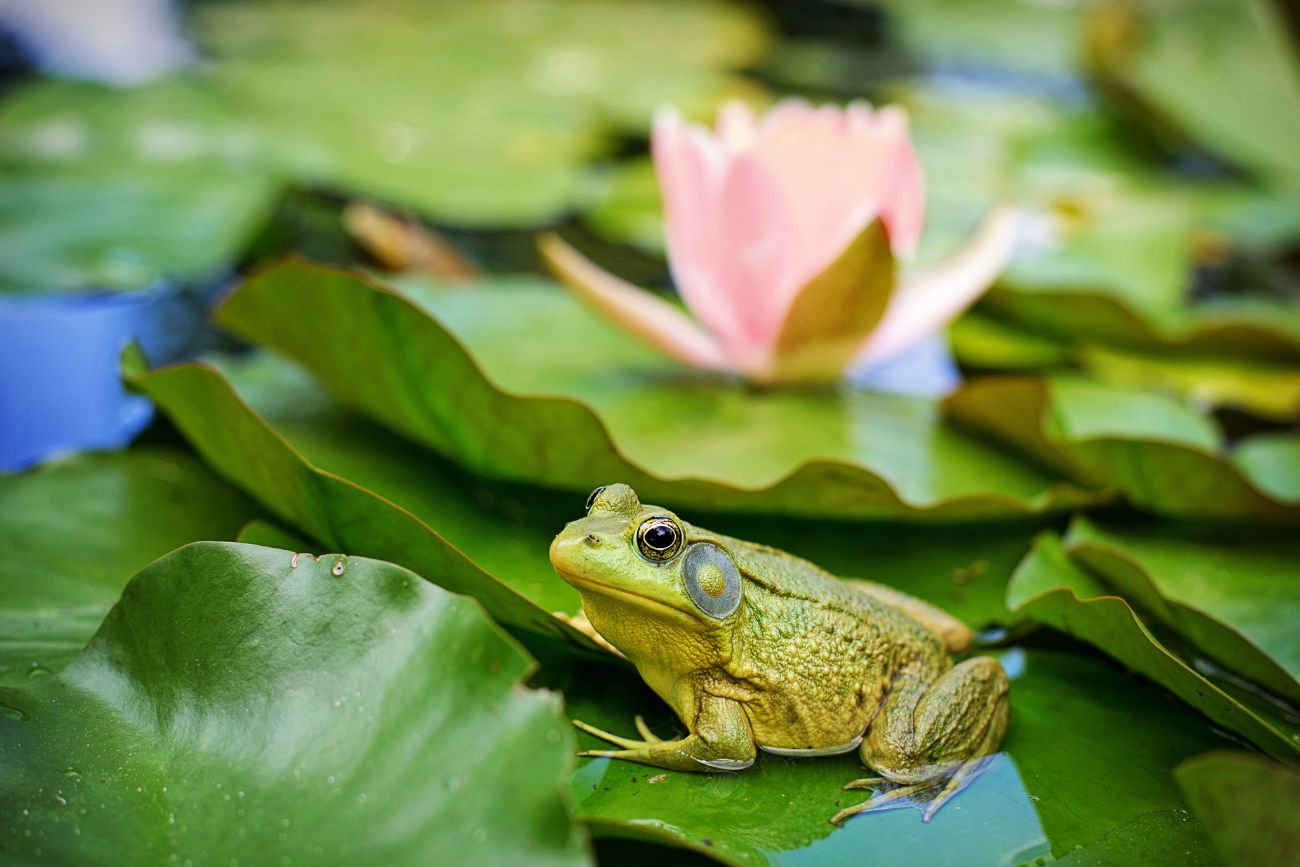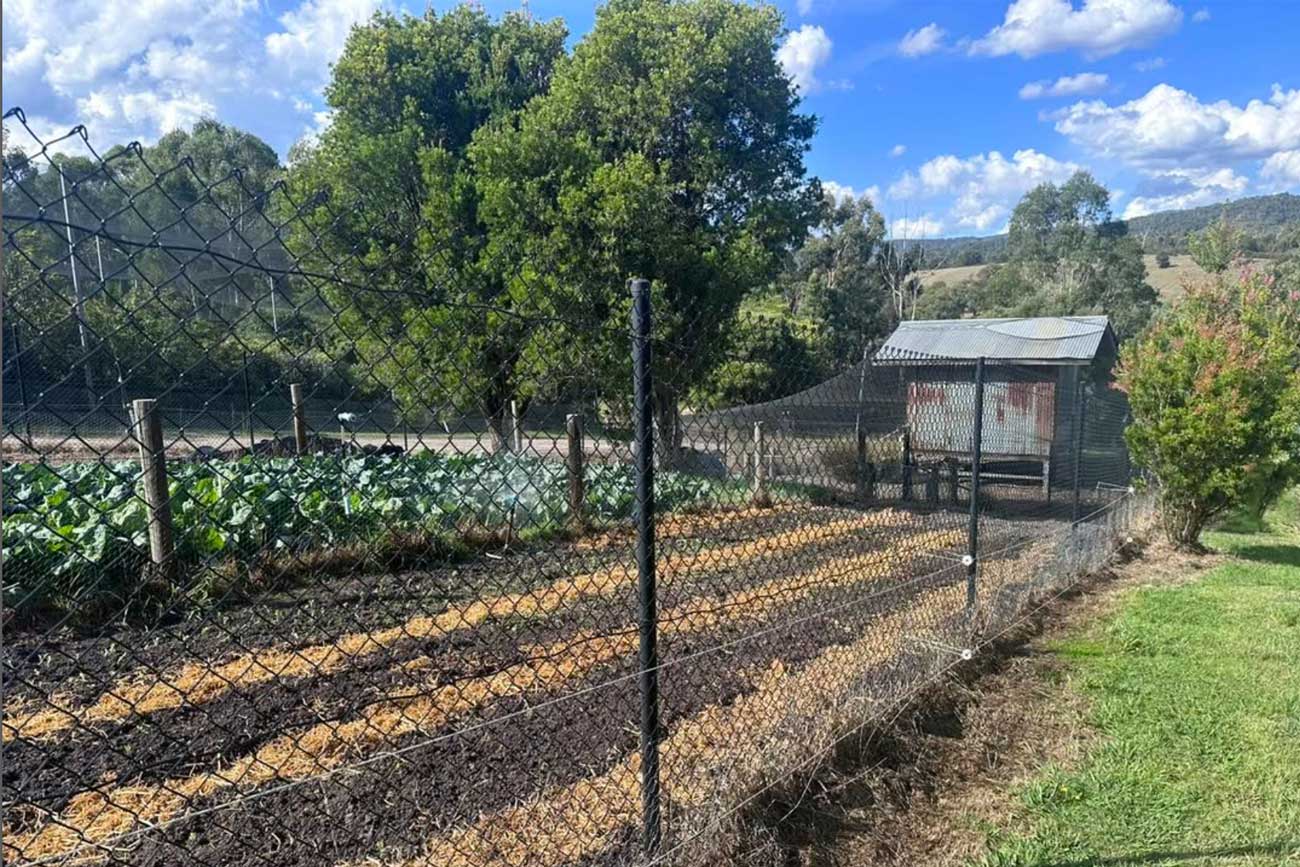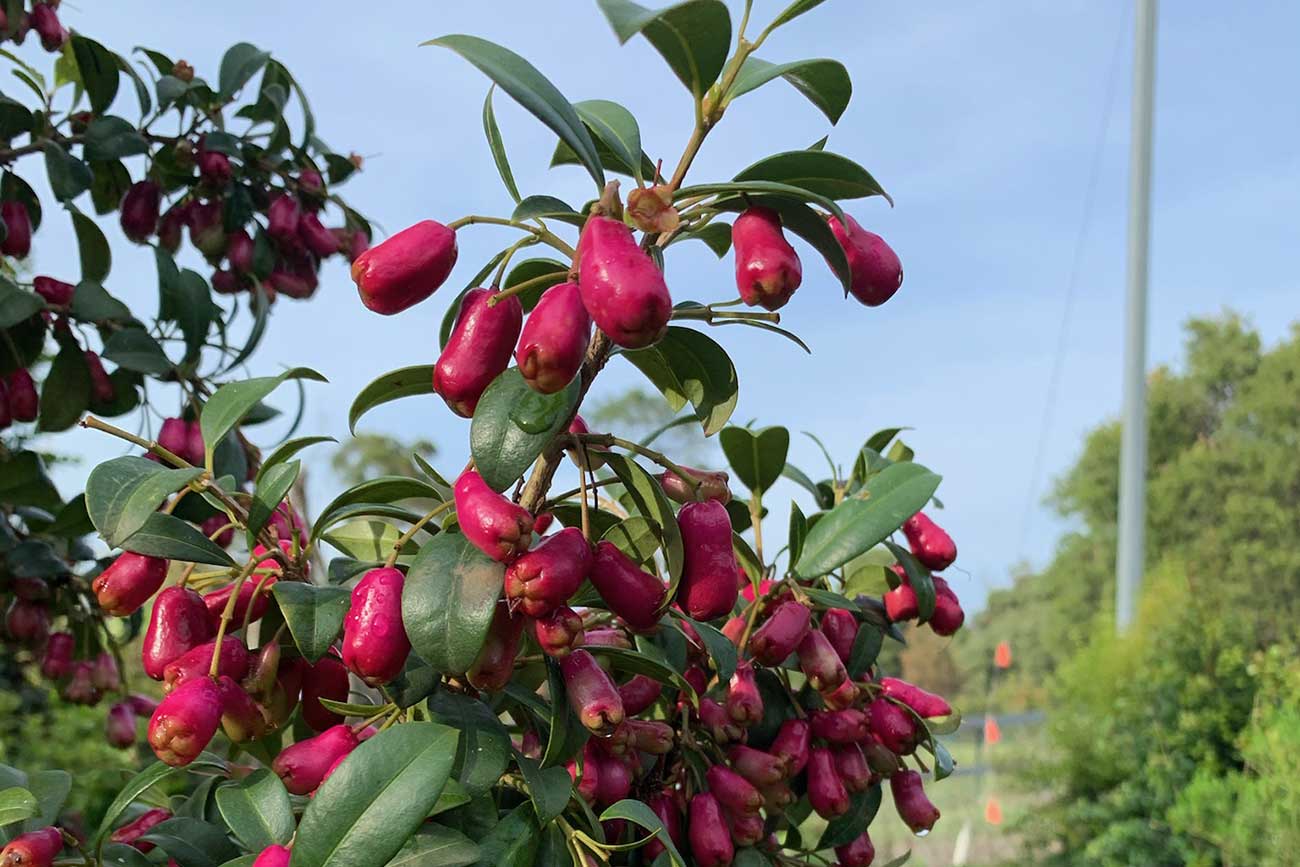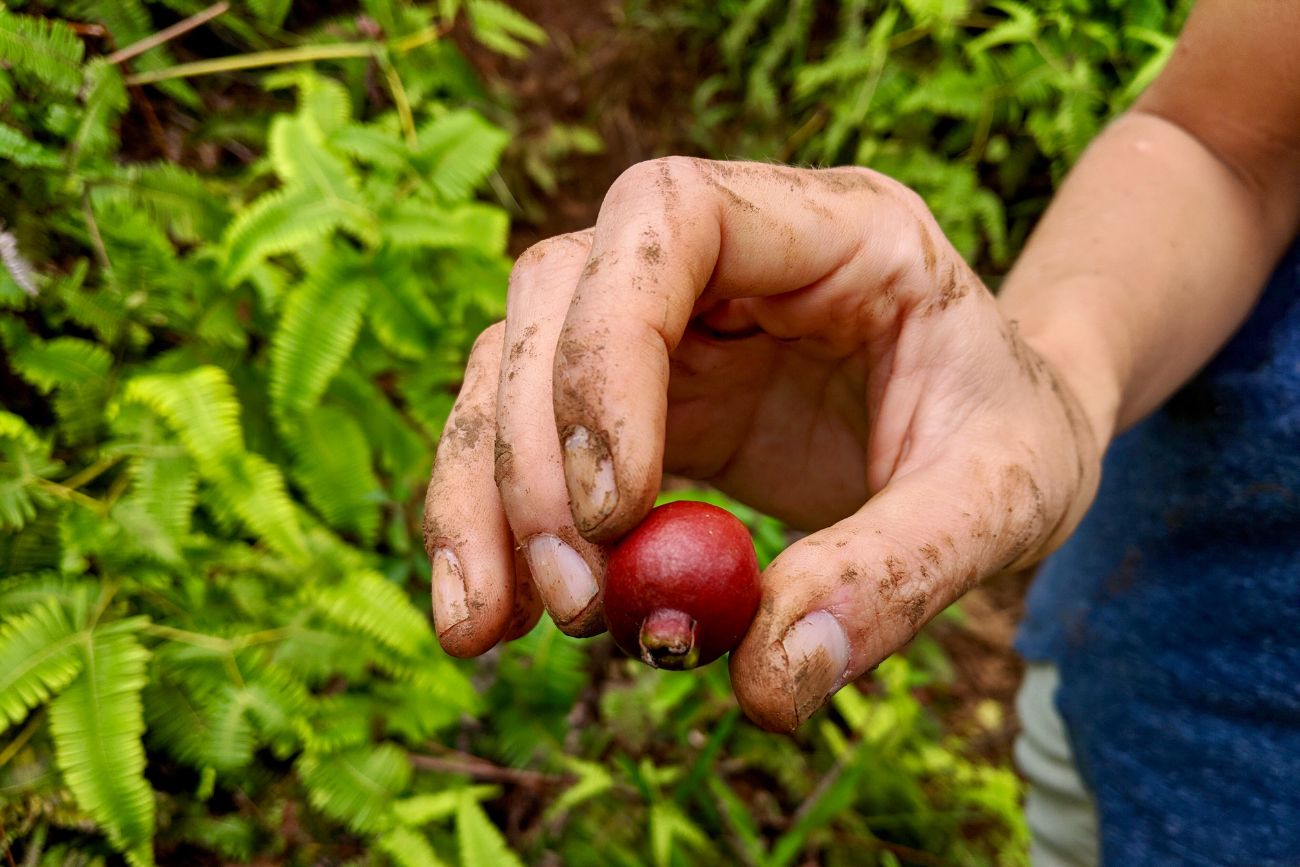Plants are much like us – some of them get along really well, some don’t. By planting ‘friends’ together they help each other in all sorts of ways. This is often referred to as companion planting.
Companion planting is the growing of plants together so that they help each other grow better. The careful placement of plants can assist each other, just like friends do. Sometimes this comes down to simple reasons such as taller plants provide shade from the sun or they help plants that need protection from wind or frosts.
Some couplings can help prevent pest problems, others improve growth, enhance flavours, or attract beneficial insects. Some will add nitrogen to the soil, such as the Legume varieties.
Some plants just work in together as one may have tap roots while the other is a shallow-rooted cover plant. By not competing they can both use the space and share the nutrients.
Some plants confuse pests with their smell, shape or flowers such as marigolds. While some will emit a chemical that may either help other plants grow or prevent them from growing too much; depending on the need.
“Plants are much like us – some of them get along really well, some don’t”
Some are really helpful and can become a strong climbing structure, such as corn.
One old way of planting utilising space is the three sister’s system for corn, beans and cucumbers. The corn acts as the climbing structure, reaching tall for the sun. The beans climb up the corn stalks utilising the space. Finally, the cucumbers sprawl on the ground, acting as a weed suppressant while utilising the ground space.
They all assist each other in some way but these combinations of plants do better, together:
- Basil. Basil put it everywhere! But especially with Tomatoes; not only in sauces, but in gardens too.
- Tomatoes do companion plant well with most things but are particularly good with parsley, marigolds + basil
- Corn + beans; beans are a nitrogen fixer for the soil.
- Lettuce + mint; keep the slugs away from the lettuce
- Cucumbers + French marigolds or nasturtiums
- Chives + garlic; these deter aphids
- Mint + onions with asparagus
Lastly, like some friends we prefer to keep away from – When thinking of Tomatoes, best to keep them away from Cabbage, beets, peas, fennel, dill, rosemary + corn.




